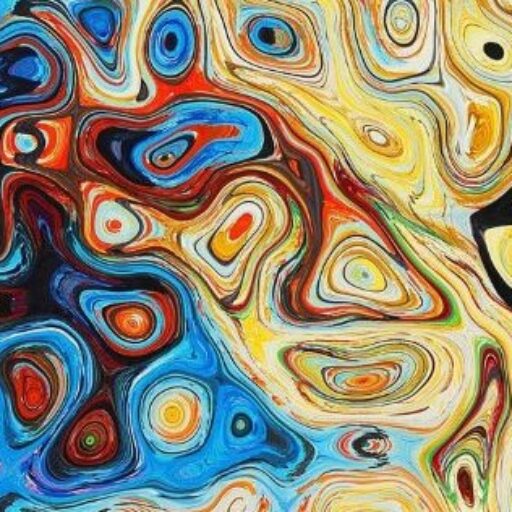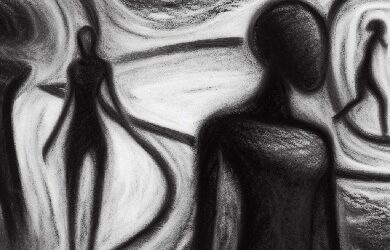Image Source: https://commons.wikimedia.org/wiki/File:Alchemy_elements_chart_annotated_metatron.jpg
Alchemy is the root of all existence. We do not often talk about it because it is truth for every belief. All religions are deep rooted in spiritual alchemy, when we create friction individually or in a group with one religious faith. The world today teaches that alchemy is occult, when ignorantly it is not. It is based on the four prime elements of fire, earth, water, and air but combined to form ether, or the ethereal realm. Mathematics, medicine, chemistry, biology are of the other side of alchemy, or that which is science-based.
Psychological alchemy creates the idea that the brain is God, or least His residence, better referred to as consciousness. The author is speaking of alchemy–and specifically, Carl Jung’s psychotherapeutic interpretation of it. In the last major phase of his career, Jung, the father of archetypal psychology, turned to the lost art and arcane texts of alchemy in his research, claiming that alchemical processes subtly embodied and richly symbolized the psycho-spiritual transformations that occur during deep therapy (Mayes, 2003). He was referring to the relationship between teacher and student, not just on a psychological level, but in any teaching of science subjects.
In the ideological alchemy of teaching South African student about apartheid, Christian education had to use fundamental pedagogics or teachings to keep it in balance. Children educational advancement through skill is the main theme. This paper written in the Journal of Curriculum Studies evaluates these claims and concludes that they are untenable considering the history, nature, and purpose of South African fundamental and didactic pedagogical thinking (Yonge, 2008). There is a connecting of educational and fundamental Christian teachings, which must resolve without conflict. Staying with education, metaphorically, “educational alchemy” is the process by which schools convert into more effective learning environments (Mugits, 1997). The term itself can be use in aspects of literature, as a transmutation or transformation, such as Franz Kafka’s book, ‘Metamorphosis,’ which is a common theme of movies of today of regular people turning into superheroes.
Alchemy, on the metallurgical level, is the transmutation of base metals into gold, which is like transmutation of humans into individuals, who are healthy, but with a different alchemical process. The metaphor of alchemy is used since the practice of alchemy entailed amalgamating base metals in the hopes of transmuting them into gold (Gibbons, 2013).
Therefore, if you really want to talk to the modern alchemist, talk to your pharmacist. They are the chemists working in the medical field that have the knowledge of what medicines consist of, and the properties surrounding them and their use.
Souces:
Gibbins, Thor. Digital Alchemy: A Hermeneutic Phenomenological Investigation of Digital Storytelling for Peace and Justice, 2013. ProQuest, https://www.proquest.com/dissertations-theses/digital-alchemy-hermeneutic-phenomenological/docview/1773213330/se-2.
Mayes, Clifford. “Alchemy and the Teacher.” Teacher Education Quarterly, vol. 30, no. 3, 2003, pp. 81-98. ProQuest, https://www.proquest.com/scholarly-journals/alchemy-teacher/docview/61847408/se-2.
Mugits, Michael J. “Educational Alchemy: The Transformation of Schools.” ERIC, Resources in Education (RIE), 1997, pp. 1-81. ProQuest, https://www.proquest.com/scholarly-journals/educational-alchemy-transformation-schools/docview/62497077/se-2.
Yonge, George D. “Ideological Alchemy: The Transmutation of South African Didactics (and Fundamental Pedagogics) into “Apartheid Education”.” Journal of Curriculum Studies, vol. 40, no. 3, 2008, pp. 409-415. ProQuest, https://www.proquest.com/scholarly-journals/ideological-alchemy-transmutation-south-african/docview/61968378/se-2.


0 Comments